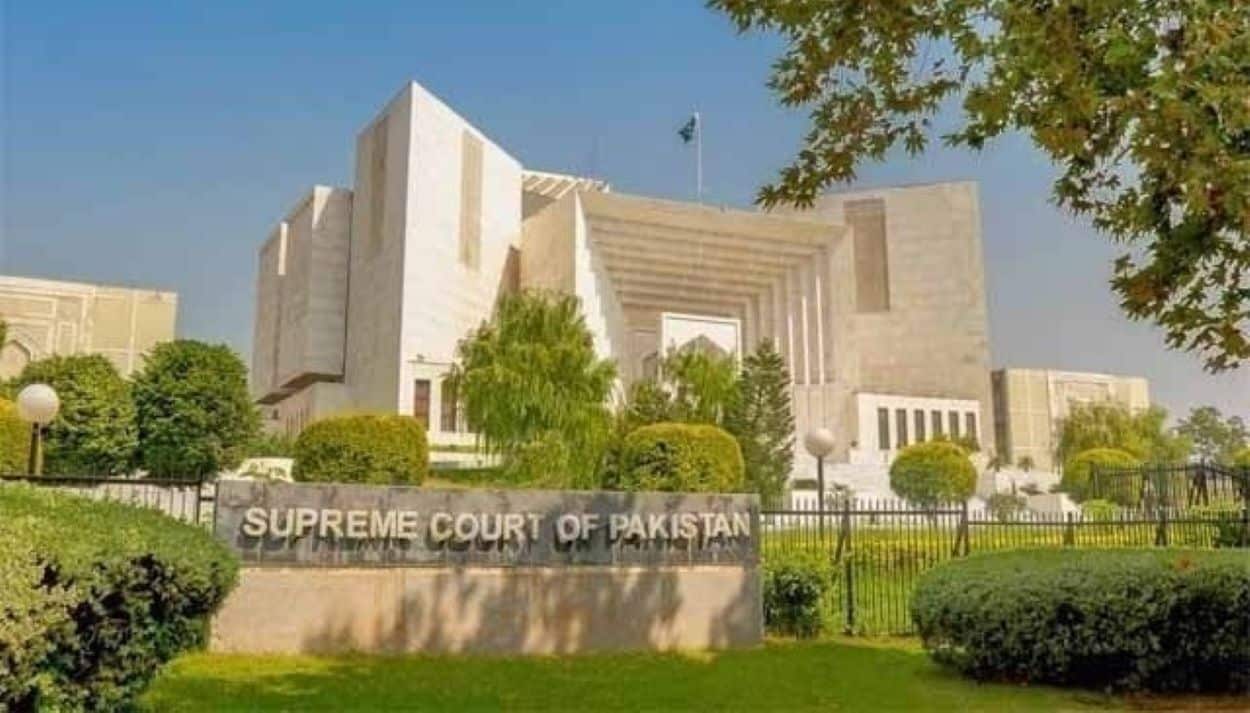A full-court bench of the Supreme Court will review the Sunni Ittehad Council’s (SIC) petition on Monday. SIC, an ally of Pakistan Tehreek-e-Insaf (PTI), challenges the Peshawar High Court’s (PHC) verdict, denying it reserved seats for women and minorities.
The 13-member bench, led by Chief Justice of Pakistan Qazi Faez Isa, includes all available judges except Justice Musarrat Hilali, who is unwell.
On May 6, a three-member Supreme Court bench, led by Justice Mansoor Ali Shah, suspended the PHC verdict. The bench referred the matter to a larger bench due to its need for constitutional interpretation.
The court’s written order states that reserved seats’ allocation in national and provincial assemblies is a foundational concept of parliamentary democracy. The electorate’s voice must be reflected in the assemblies.
The court emphasized that democratic mandate requires reserved seats to enhance representativeness, fairness, and transparency. It granted leave to appeal.
The PHC had denied SIC’s plea for reserved seats. In April, SIC chief Sahibzada Hamid Raza and the Khyber Pakhtunkhwa Assembly speaker filed appeals against the PHC judgment. They sought 67 women and 11 minority seats and requested the high court’s verdict to be overturned.
Case Details
After the February 8 general elections, the Election Commission of Pakistan (ECP) did not allocate reserved seats to SIC because it had not submitted a list of candidates. The PHC upheld this decision.
The Supreme Court suspended the PHC order upon challenge. Following the SC order, the ECP suspended the victory notifications of 77 lawmakers elected on reserved seats.
The SIC, led by Hamid Raza, gained prominence after PTI-backed independent candidates joined it. PTI’s attempt to claim the reserved seats failed when the ECP ruled that SIC could not claim them due to legal defects and non-compliance with mandatory provisions.
The commission denied SIC the reserved seats and redistributed them among other parties.






